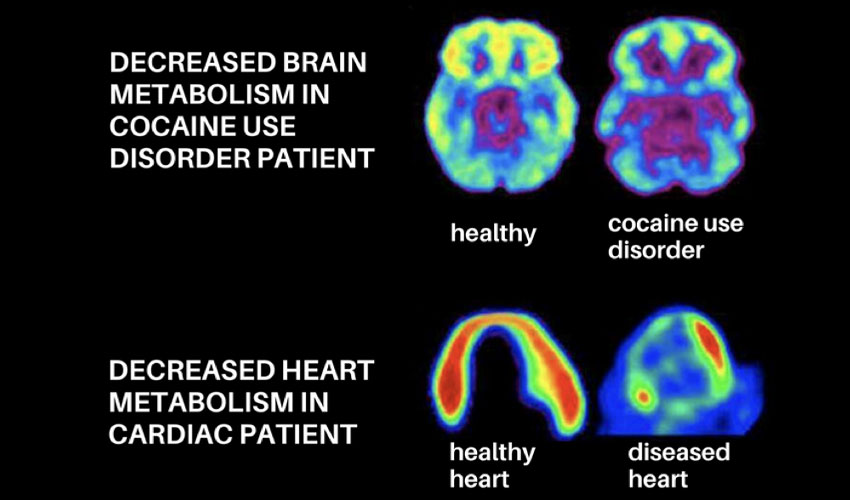- Mumbai, New Delhi, Bangalore
- (+91) 81518 30000
- WhatsApp Now
- contact@vedawellnessworld.com
Cocaine addiction is a pervasive and challenging issue affecting individuals worldwide. Despite its devastating consequences, there is hope for those struggling with addiction through effective treatment approaches. Cocaine addiction treatment requires a comprehensive and multifaceted approach that addresses the complex interplay of biological, psychological, and social factors underlying addiction.
Cocaine addiction, often referred to as cocaine use disorder, is a chronic, relapsing condition characterized by compulsive drug-seeking and use despite adverse consequences. This addiction hijacks the brain’s reward system, leading to intense cravings and a cycle of dependence.

At its core, addiction is a complex interplay of neurological processes. Cocaine exerts its effects by increasing the levels of dopamine, a neurotransmitter associated with pleasure and reward, in the brain. This surge in dopamine creates a euphoric sensation, reinforcing the desire to use cocaine. Over time, repeated cocaine use alters the brain’s reward circuitry, diminishing the individual’s ability to experience pleasure from natural rewards such as food or social interactions. Additionally, changes in other neurotransmitter systems contribute to the compulsive nature of cocaine addiction, making it challenging to quit without professional help.
Behavioural therapies, such as cognitive-behavioural therapy (CBT) and contingency management, are cornerstone approaches in treating cocaine addiction. CBT helps individuals recognize and modify destructive thought patterns and behaviours associated with drug use, while contingency management provides tangible rewards for maintaining abstinence.
Certain medications can aid in reducing cocaine cravings and withdrawal symptoms, facilitating the recovery process. For example, medications like disulfiram and topiramate have shown promise in reducing cocaine use by altering brain chemistry.
Peer support groups like Narcotics Anonymous (NA) offer invaluable support and encouragement from individuals who have walked a similar path. Counselling sessions, whether individual or group-based, provide a safe space for individuals to explore underlying issues contributing to their addiction and develop coping mechanisms.
Adopting a healthy lifestyle can significantly impact recovery outcomes. Engaging in regular exercise, practicing stress-reduction techniques such as mindfulness or yoga, and prioritizing nutritious meals can help restore physical and emotional well-being.
For individuals with severe cocaine addiction or those who require intensive support, inpatient treatment programs offer a structured and supervised environment conducive to recovery. Inpatient programs typically involve:

Veda offers a holistic approach to cocaine addiction treatment, addressing the physical, emotional, and spiritual aspects of recovery. Their program integrates evidence-based therapies, such as cognitive-behavioural therapy, Art therapy, nutritional support and mindfulness practices, with alternative modalities like yoga and music therapy. With a focus on individualized care and support, Veda aims to empower individuals on their journey to sobriety, providing a nurturing environment conducive to healing and growth. Their comprehensive approach fosters long-term recovery and overall well-being, making Veda Rehabilitation and Wellness a valuable option for those seeking effective cocaine addiction treatment.
Follow the link below to visit and start your journey towards recovery.
Luxury Rehab Centre in India for Addiction & Mental Health Treatment (vedawellnessworld.com)